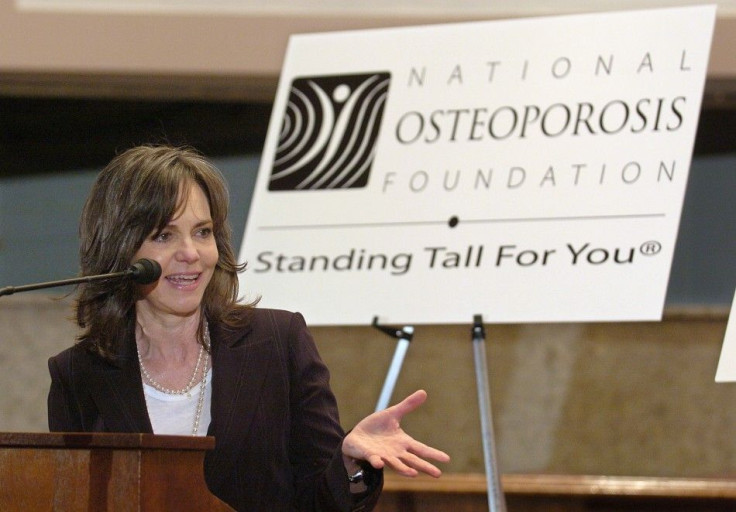Researchers Find Osteoporosis Symptoms More Common In Women With Early Menopause

Researchers Find Osteoporosis Symptoms More Common In Women With Early Menopause
According to the results of a 29-year study, women who go through menopause are almost twice as likely to be diagnosed with symptoms of osteoporosis at some point later in life.
Osteoporosis is a disease of the bones that reduces its mineral density. As a result, bone microarchitecture deteriorates and the amount and variety of proteins in the bone is altered.
In addition to the findings, researchers from the Skane University Hospital in Malmo, Sweden, noted that these women are also at greater risk for fracture and an increased death rate.
While the study started in 1977, 390 white women from northern Europe, who were 48 years old at the time, were divided into two groups: those who went through menopause before the age of 47 and those who started menopause at age 47 or later.
As the women were followed for roughly three decades, all of them had their bone mineral density measured on a regulatory basis.
29 years later, only 198 women remained in the study due to deaths, relocation or lack of participation.
By the time researchers concluded their studies, the women were 77 years old.
Results concluded in 56 percent of the women with early menopause having osteoporosis, compared to just 30 percent of those with later menopause.
In addition to the findings, a higher risk of fragility fracture and mortality was discovered in women who started the menopause early.
The mortality rate for the study was 52.4 percent in the early menopause group compared to 35.2 percent in the late menopause group, while the fracture incidence rate was 44.3 percent in the early menopause group compared to 30.7 percent in the late group.
According to Ola Svejme, an orthopaedic surgeon at the Skane University Hospital, the results of this study suggest that early menopause is a significant risk factor for osteoporosis, fragility fracture and mortality in a long-term perspective. To our knowledge, this is the first prospective study with a follow-up period of more than three decades.
BJOG Deputy Editor-in-Chief, Pierre Martin-Hirsch, added that the study's strength is the length of time the women were observed. The higher mortality rate in women with an early menopause needs to be explored further as many other factors could affect this such as medication, nutrition, smoking and alcohol consumption.
© Copyright IBTimes 2024. All rights reserved.






















